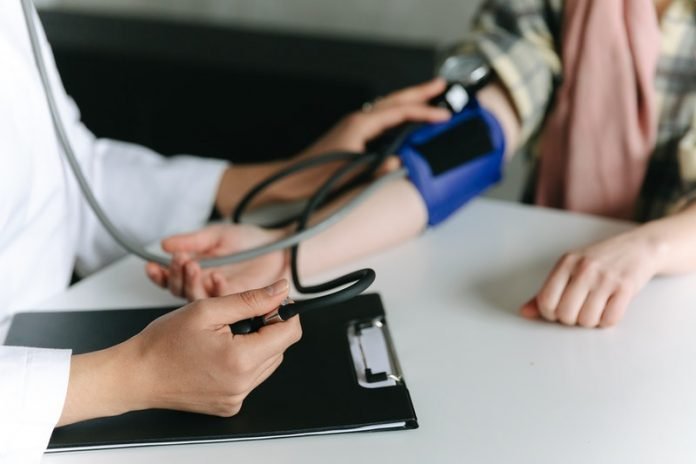
In a new study from Harvard, researchers found sexual assault and workplace sexual harassment – traumatic and common experiences for U.S. women – may increase the long-term risk of developing high blood pressure.
They found compared to women who said they had never been sexually assaulted or harassed, those who experienced both had a 21% higher risk of developing high blood pressure
Women who reported experiencing workplace sexual harassment alone had a 15% higher risk, and sexual assault alone carried an 11% higher risk.
High blood pressure is a major risk factor for cardiovascular disease, the leading cause of death among women.
Previous studies have shown up to 44% of women report having had some form of unwanted sexual contact. Up to 80% report having been sexually harassed at work.
In the study, the team analyzed seven years’ worth of data for 33,127 women who had no history of hypertension or had not taken medication for high blood pressure as of 2008.
Their average age was 53 at the time, and most of them were white.
By 2015, nearly 7,100, about 1 in 5 of the women, had developed high blood pressure. The lifetime prevalence was 23% for sexual assault and 12% for workplace sexual harassment, and 6% of women reported both.
These results suggest that screening for a broader range of experiences of sexual violence in routine health care, including sexual harassment in the workplace, as well as verbal harassment or assault, and being aware of and treating potential heart health consequences, may be beneficial for women’s long-term health.
According to AHA statistics, nearly 43% of women in the U.S. ages 20 and older have high blood pressure, which is defined as 130/80 mmHg or higher.
Nearly all the study participants were non-Hispanic white women who worked as professional nurses, so the findings may not be applicable to the general population.
The researchers hope future studies will examine these questions with more detailed information on sexual and other forms of violence
If you care about blood pressure, please read studies about what is a healthy blood pressure, and findings of beetroot that could protect against high blood pressure.
For more information about blood pressure health, please see recent studies about resistant hypertension – high blood pressure that’s hard to treat, and results showing that lowering blood pressure to this number can strongly reduce heart disease risk.
The study is published in the Journal of the American Heart Association and was conducted by Rebecca B. Lawn et al.
Copyright © 2022 Knowridge Science Report. All rights reserved.



